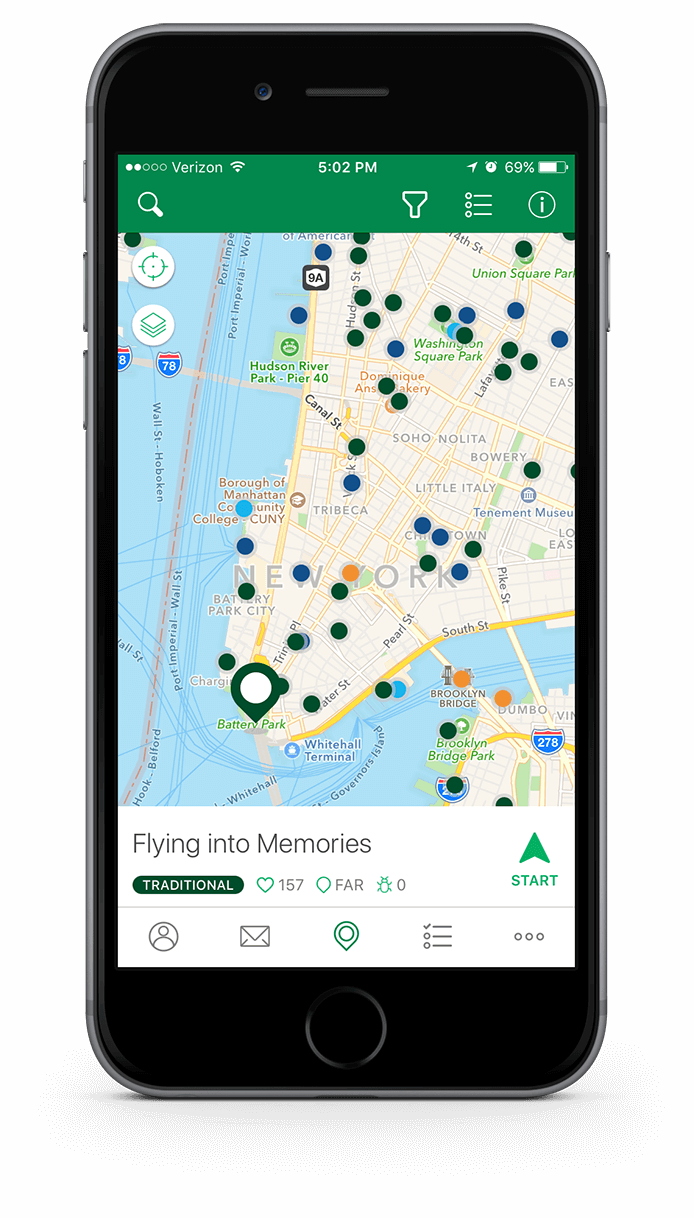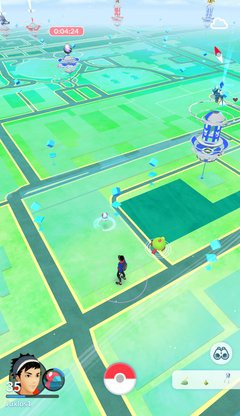Geocaching is a fairly old activity now which involves leaving a physical capsule for people to find and add to by only providing a select amount of clues and directions. Looking at the modern day adaptations of this with the use of smartphones and technology, this has become easy. Users can select where they want to go and the compass leads them there. Comm-Unity would maintain a sense of mystery by only providing the broad area of it. With Geocaching, many of them are out in the middle of nowhere so may be difficult to get there. That’s something that this project would avoid by placing the beacons in businesses and points of interest people would be able to find and explore places around them whilst improving the local economy. Geocaching has proved popular over the years despite it being still relatively unknown to the masses. With Comm-Unity, people would be able to access information such as reviews, photos, social media or general information on their smartphone, thus, distancing itself from Geocaching. Also given that many of the Comm-Unity Pucks would be placed in shops or in urban areas there would be less risk of danger as there’d be plenty more safety precautions as well as people around. Geocaching often involves people checking in in a log book, this could be something else that I look into as it adds a sense of community to the project.

(Image showing Geocaching’s Map of locations.)
